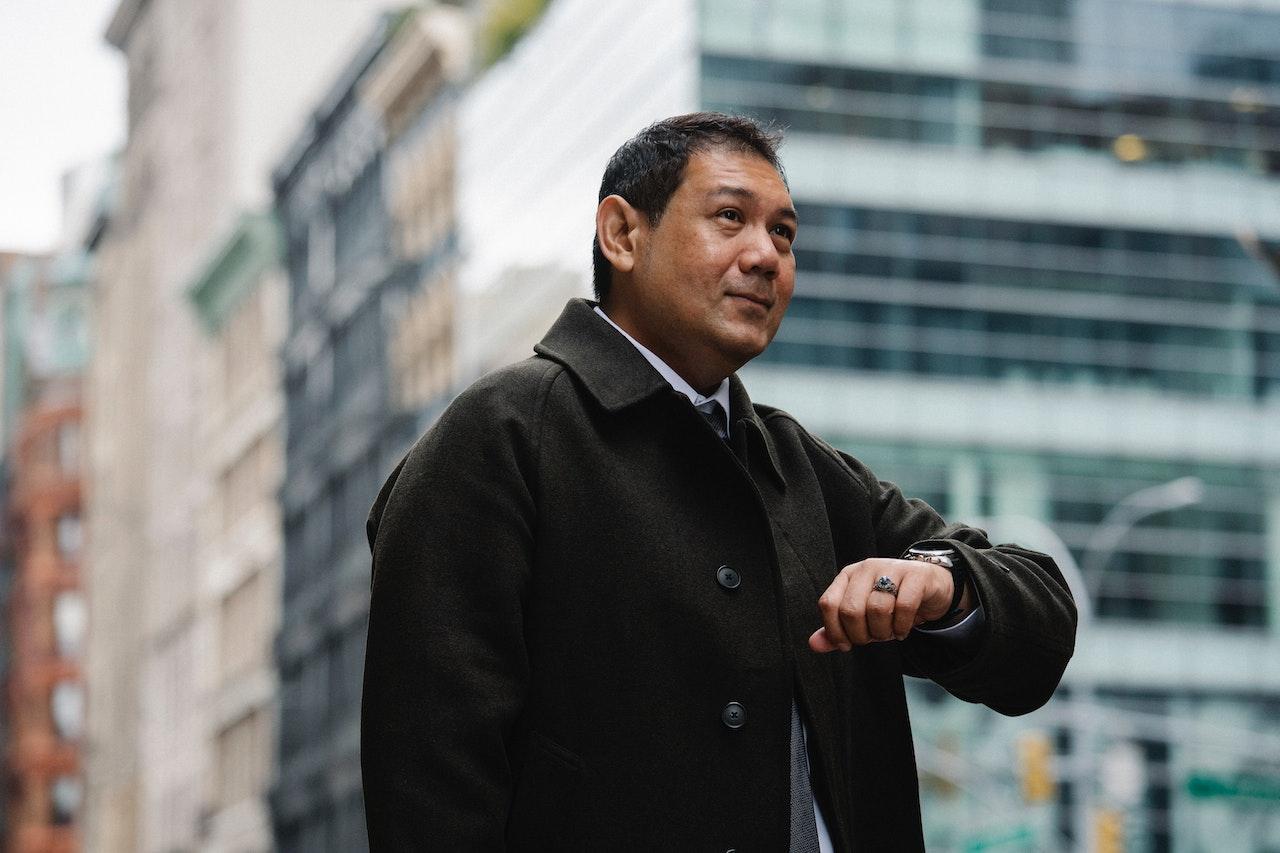Ideally, having to sue USCIS for delay in your naturalization application is a last resort. If the U.S. government has already granted you a green card and recognized you as a lawful permanent resident, you are likely inclined to apply for U.S. citizenship through naturalization. The process of naturalization is time-consuming and requires plenty of resources, including money and preparation with seasoned lawyers. The culmination of the naturalization procedure takes place at the naturalization interview during which the potential U.S. citizen is asked a number of interview questions and needs to pass an English and civics test.
In case you have carefully prepared for your interview with your lawyers, and the requirements for naturalization have all been met, there should be no reason to experience any delay in the final decision with regards to your case, which would naturally preclude any lawsuit against USCIS over delays. However, there have been numerous cases in which our clients retained us to sue USCIS for delay, as USCIS did not issue a decision on their case for an extensive period of time. Hence, if you have asked yourself whether you can sue USCIS for delaying your case, the answer is yes!
I offer confidential 30 minute & 1 hour consultations.
Schedule a consultation
How can I sue USCIS for delay in my Naturalization Case?
In order to sue USCIS for delay in your case, you will need to refer to federal statute 8 U.S.C. § 1447(b), or simply referred to as 1447b, which puts USCIS under the obligation to respond to your naturalization application within 120 days after your naturalization interview. Now, if the US government fails to meet this deadline, you have the right to file a 1447b lawsuit against USCIS over delays concerning your application in Federal District Court. In other words, 1447b is the federal statute that holds USCIS accountable and simultaneously enables you to sue USCIS for delay. However, it is to be noted that certain factors need to be fulfilled before being able to sue USCIS for delay via a 1147b lawsuit.
What do I need to show to successfully sue USCIS for delay in my Naturalization Case under 1447b?
By filing the 1447b lawsuit against USCIS over delays in a U.S. Federal District Court, you are opting for the District Court to remedy USCIS’s delay on your naturalization application. In simpler words, 1447b states that the District Court should go after the government for not meeting the set deadline. However, prior to making the decision to sue USCIS for delay on your case, you should consider three requirements without which your 1447b lawsuit will not be successful:
- USCIS must have failed to adjudicate your application – In other words, there should be no decision on your case at all. If USCIS has simply denied your naturalization application, you can neither sue USCIS for delay nor file a 1147b lawsuit.
- 120 days have passed since your naturalization interview. – The period is expressly stated and must be complied with. The 120 days are counted from the date of your naturalization interview (called “the examination”). Determining this period can get a bit more complicated when additional evidence is requested (called “reexamination”) but in most scenarios the court would rule the 120-day period to have begun from the date of the initial examination, your naturalization interview. Before this period has passed, you cannot sue USCIS for delay via 1447b.
- The 1447b lawsuit should be filed in the US Federal District Court where your current residence is. – Even though this requirement is not specified in the statute of the 1447b lawsuit, it is a regular practice for lawyers to file with the respective district court of the applicant’s residence.
If all three requirements are met, the 1447b lawsuit against USCIS for delays can be filed and the court can obtain jurisdiction over your naturalization application. However, there is an ongoing debate over the exclusive jurisdiction of naturalization applications. USCIS is quick to argue that it retains concurrent jurisdiction even if the federal court already has jurisdiction. Frequently, this comes in handy, as it has become common practice for USCIS to adjudicate the application right after a 1447b lawsuit has been filed. The approval is then followed by a motion to dismiss the case in district court. The majority of the U.S. courts oppose this view and share the opinion that the federal court has exclusive jurisdiction over the naturalization application after a lawsuit against USCIS over delays is filed.
Nevertheless, USCIS may also decide to grant your naturalization application after the 1447b lawsuit has been filed. This is most probably the case in which you should revoke your lawsuit against USCIS over delays by submitting a joint motion alongside the government attorney. The joint motion should request the judge to hand the case back to USCIS, but the motion should include an order to USCIS to adjudicate the application within a set timeframe.
After we have answered your question “Can I sue USCIS for delay?”, let us touch on the potential outcomes of the 1447b lawsuit. What happens after filing your lawsuit against USCIS over delays?
- The court adjudicates the naturalization application and grants/denies it.
- The court remands the case to USCIS with strict instructions to take adjudicate your application.
The second scenario is significantly more common than the first since district courts try to stay away from adjudicating naturalization applications. When the court decides to remand the case to USCIS, there are specific instructions and time limits by which USCIS must finish adjudicating the case. These time limits vary case by case but are usually somewhere between 45 days and 2 months. However, in times of urgency, the time limit could also be set to a matter of days.
I offer confidential 30 minute & 1 hour consultations.
Schedule a consultation
Pandev Law’s Personal Take on 1447b Lawsuits
Even though there are numerous law firms that handle immigration cases, and naturalization applications are filed every minute of every day, our attorneys at Pandev Law have particular insight into 1447b lawsuits. Specifically, our principal immigration lawyer, Adrian, has extensive experience as a Trial Attorney at the Department of Justice, which offers him a unique perspective over these specific cases, as he used to defend these cases in the past on behalf of USCIS. Put differently, Pandev Law is aware of that is going on inside USCIS, before and after a lawsuit against USCIS over delays is filed. As such, Pandev Law is aware of common mistakes, traps, and tricks in order to successfully sue USCIS for delay in your naturalization case.
In fact, just recently, a client of ours contacted us and retained us to sue USCIS for delay on her naturalization application, which resulted in a granted naturalization within 30 days. We take great pride in what we do and we are more than confident that we supply our clients with the best service due to countless years of expertise in every niche of US Immigration Law!
Our Naturalization Services
To schedule a consultation with Adrian, our principal immigration lawyer, please click here and click on “Schedule a Consultation.” You can also email us at [email protected], or call us at (646) 354-3780.
If you wish to learn more about our naturalization services, including 1447b delay lawsuits, please visit our individual immigration page.
During your consultation, our immigration attorney will provide an honest assessment of your case, and a recommendation about your next steps.
I offer confidential 30 minute & 1 hour consultations.
Schedule a consultation
Disclaimer: This blog article is provided by Pandev Law, LLC for general educational and informational purposes only. Although this article discusses general legal issues, it does not constitute legal advice nor does it establish an attorney-client relationship. No reader should act or refrain from acting on the basis of any information presented in this article, or elsewhere on this website, without seeking the advice of appropriate legal counsel, or other professional counsel, licensed in the relevant jurisdiction. Pandev Law, LLC expressly disclaims any and all liability with respect to any actions taken, or not taken, based on any content of this article or website. This blog article may constitute attorney advertising. Prior results do not guarantee a similar outcome.














